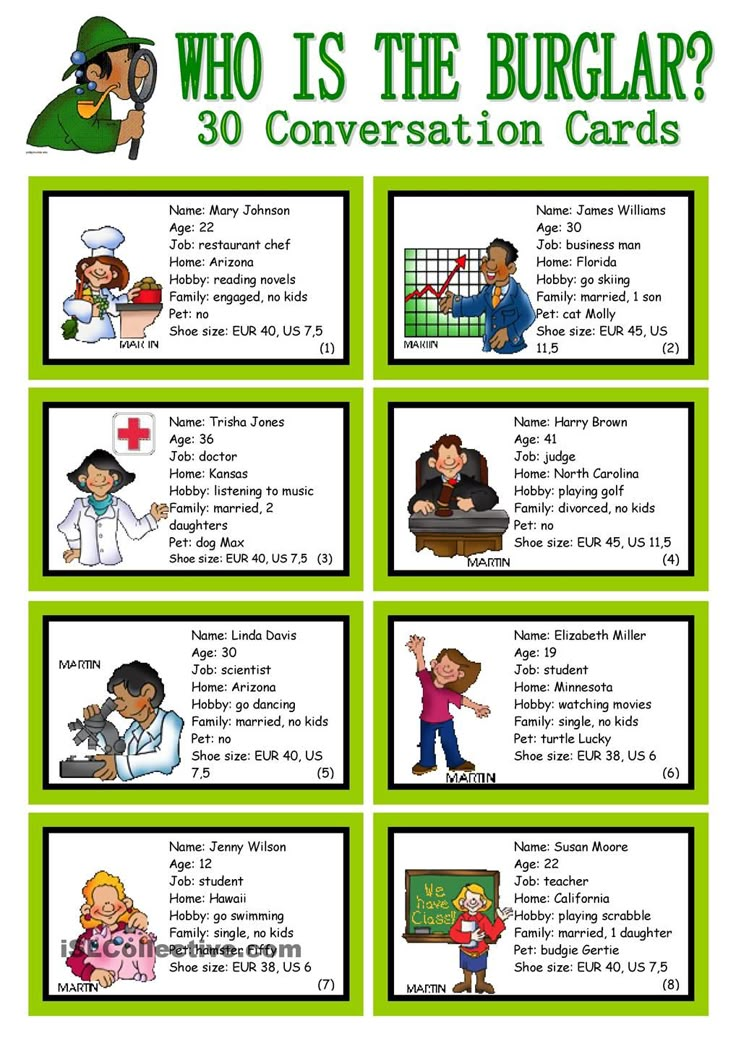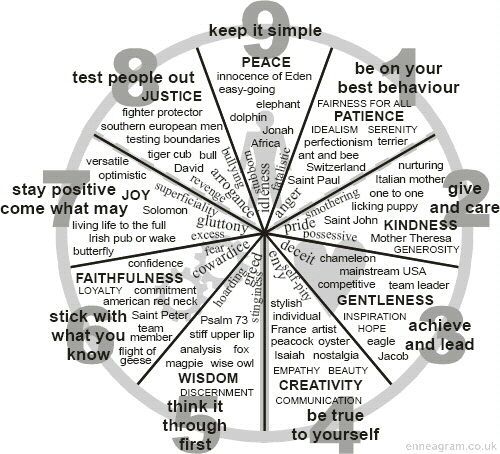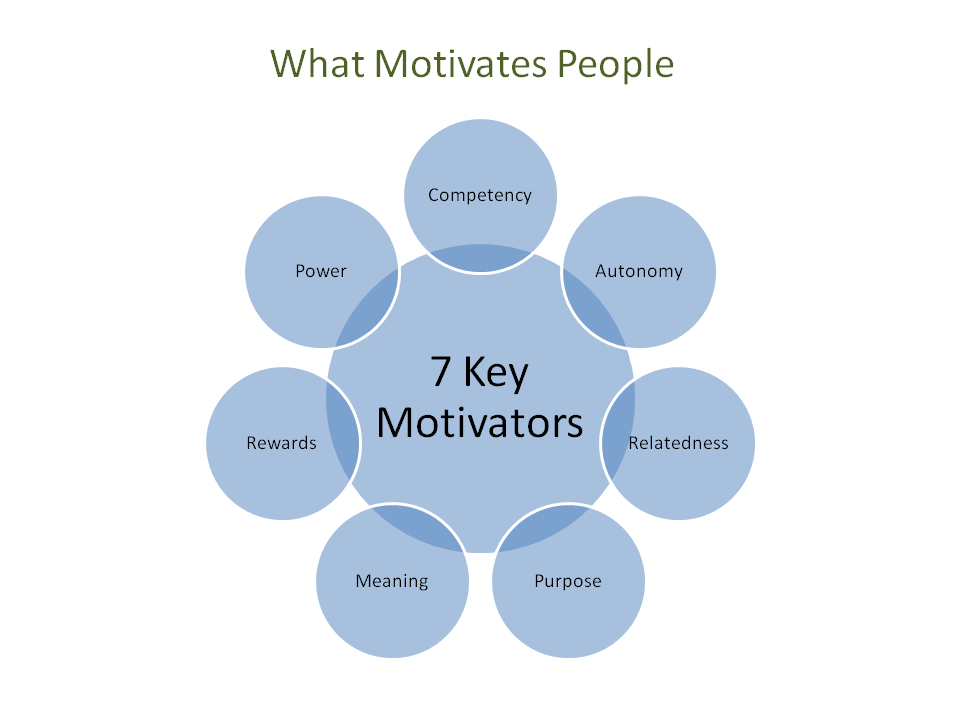Budgeting for adhd
Budgeting Tips That Work for ADHD Brains
Many folks with ADHD don’t like to look at their finances for one simple reason: It’s often not good news. Even though they know better intellectually, they like to believe that it will all work out — fingers crossed. The problem is that they have skipped over the very first rule of money management: Money loves attention!
Many adults with ADHD are masters at avoiding direct contact with their finances. They ignore bank statements or let the mail pile up for months in a game of financial Russian roulette: “If we don’t see the bills, they don’t really exist, so we don’t have to deal with them.”
The hard truth is that bravely facing your current cash flow — the money that comes in and the money that goes out — is the only way to gain control of it. That takes an ADHD-friendly budget of some kind — plus these other budgeting tips that work for ADHD brains.
Budgeting Tips for ADHD Brain
1. Rethink How You
Define BudgetingThe word “budget” raises hackles for many folks with ADHD; it elicits images of scarcity and rigidity. But a budget is merely a projection of what you expect to receive and spend. The power comes from comparing your predictions against the actual money that ebbs and flows each month.
[Read: Stop Crunching Numbers, Start Making Budget Plans]
Coming up with a budget involves:
- Knowing your monthly take-home pay
- Calculating essential monthly expenses (housing, utilities, groceries, loans, etc.)
- Subtracting step 2 from step 1 for an idea of how much discretionary spending you have per month
- Knowing payment due dates
The more often you check in on your progress, the more likely you are to notice when you are going off the rails. Ah, the lure of a new car or a stand-up desk. But do you have the “extra” money for it this month?
Checking your bank balance every few days, however, is not the same as budgeting. That is monitoring your spending after the fact. Even looking over your bank statement is a post-spending task. Paying attention to money is all about timing, so pay attention to cash flow weekly. If you perk up only when you get an overdraft notice, it’s too late!
Paying attention to money is all about timing, so pay attention to cash flow weekly. If you perk up only when you get an overdraft notice, it’s too late!
2. Separate Expense Categories in Ways That Work for You
Folks with ADHD are “pile people.” We like to separate our expense categories so they don’t get muddled.
[How to Spend Less When the ADHD Brain Wants More, More, More]
One option is the “jam jar” method of tracking expenses. Under normal conditions this is a cash system: Cash is put into different jars or envelopes for each budget category (think gas, phone, electricity, water, etc.). It’s visual and visceral, always a plus for those with ADHD.
If you prefer not to handle cash, there are software programs that mimic jam jar budgeting like mvelopes.com, which uses virtual envelopes, and mint.com, a free budgeting program.
There are other fun and useful ways to keep track of expenses. In my previous business, I successfully tracked my cash flow on 3” x 3”
sticky notes – it wasn’t fancy, but it worked.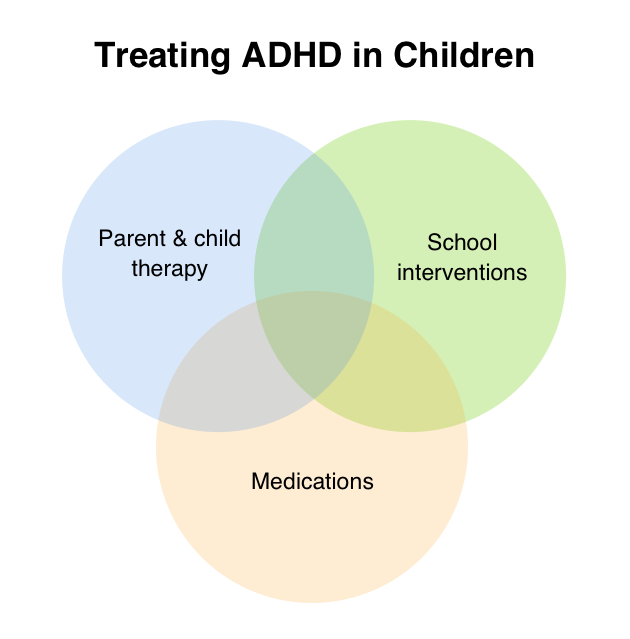 Then my executive coach demanded that I move to spreadsheets; it was a disaster.
Then my executive coach demanded that I move to spreadsheets; it was a disaster.
Some people open multiple bank accounts to keep their budget categories separate: one for vacation, for savings, for household expenses, and for emergencies. If this idea appeals to you, make sure the bank does not charge service or minimum balance fees on each account.
A paper-and-pencil budget is sometimes best for an ADHD brain. I recommend The Too Busy to Budget Financial Organizing System (#CommissionsEarned) by Kathy Miller. It has fill-in-the-blanks pages for income and expenses, plus a calendar to log the actual versus predicted numbers.
The watchword for ADHD-friendly budgets is “simple.” Some complicated online programs or methods carry a steep learning curve. If you find yourself bogged down, you’ll be less likely to continue paying attention to your money and budget.
5 Steps to ADHD-Friendly Budgeting
These steps take time, but after the first two steps, it is smooth sailing.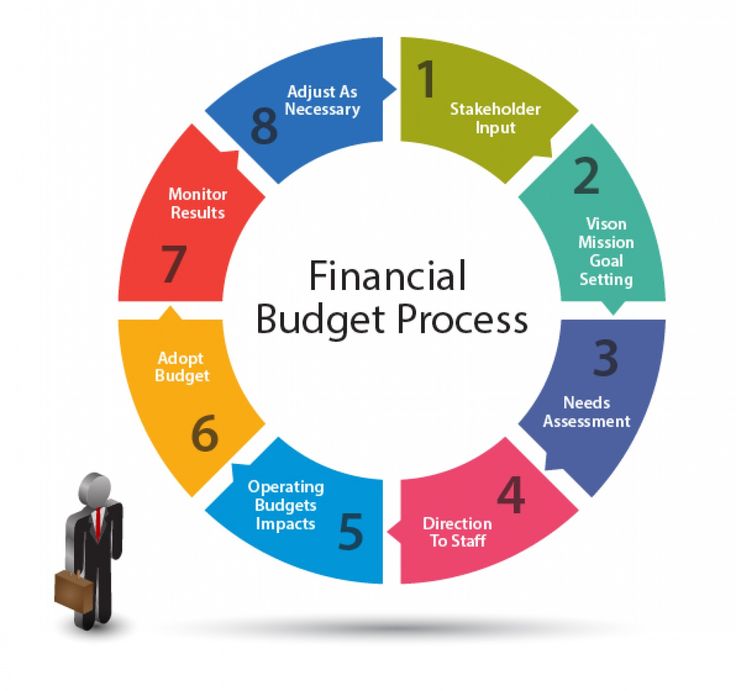 The beauty of this system is that you can predict when expenses will occur. You will also know when cash is running short, so you can adjust your spending to avoid overdrafts and late fees.
The beauty of this system is that you can predict when expenses will occur. You will also know when cash is running short, so you can adjust your spending to avoid overdrafts and late fees.
Step 1: Gather Income and Expenses
Step 2: Subtract Expenses From Income
Step 3: Put Due Dates on Calendar
Steps 4 & 5: Track Expenses & Monitor Cash Flow
Budgeting Tips for Adults with ADHD: Next Steps
- From Our Readers: “My Best Tip for Staying on a Budget Is…”
- Expert Advice: You’re Four Steps Away from Financial Security
- Read: “Stop Spending So Much Money!” An ADHD Budgeting Guide
SUPPORT ADDITUDE
Thank you for reading ADDitude. To support our mission of providing ADHD education and support, please consider subscribing. Your readership and support help make our content and outreach possible. Thank you.
#CommissionsEarned As an Amazon Associate, ADDitude earns a commission from qualifying purchases made by ADDitude readers on the affiliate links we share.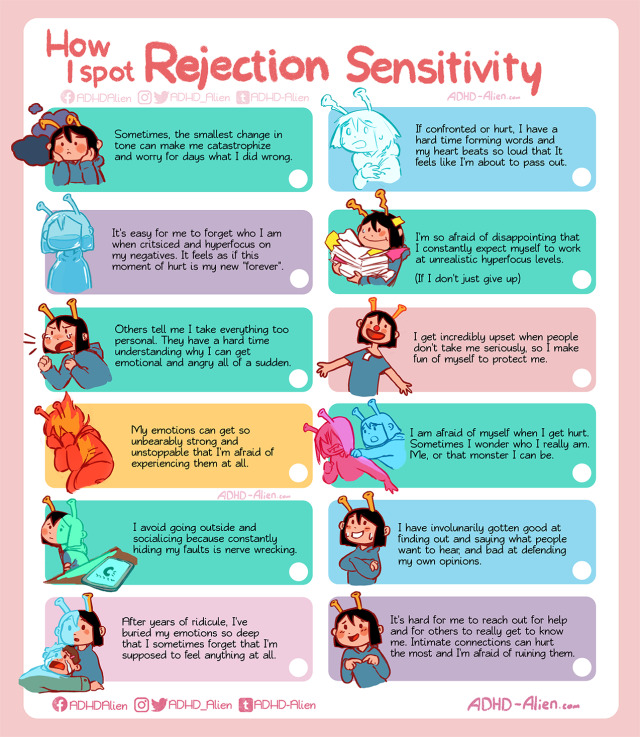 However, all products linked in the ADDitude Store have been independently selected by our editors and/or recommended by our readers. Prices are accurate and items in stock as of time of publication.
However, all products linked in the ADDitude Store have been independently selected by our editors and/or recommended by our readers. Prices are accurate and items in stock as of time of publication.
Previous Article Next Article
Managing Money and ADHD: Saving and Spending
Download Fact Sheet
Having savings is one of the best things you can do for yourself, your family, and your future. Maybe you’ll need it to pay for an emergency, or maybe it’ll go toward the down payment on a new house, but knowing that you have some money saved can give you real peace of mind.
If you don’t have any savings, start small and be patient with yourself as you learn this new habit. You might want to open a special bank account just for savings— or for one particular goal, if it’s a big one—and have direct deposits automatically taken out of your paycheck.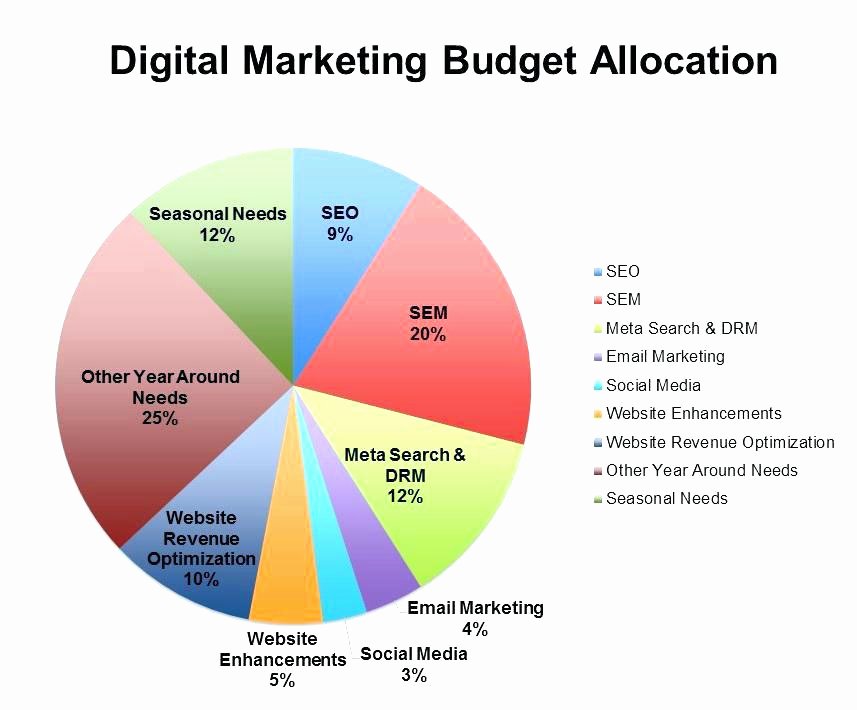 You might even choose not to have a savings debit card, to make sure you have to think twice before spending money from this account.
You might even choose not to have a savings debit card, to make sure you have to think twice before spending money from this account.
Motivate yourself by making saving money fun and visual. For instance, you could make a chart with a savings “thermometer” and mark it as you save, or create a bar graph on your computer and track your savings daily or weekly. For short-term savings, you might try putting cash in a special jar or an envelope with a photo of whatever you are saving for glued to the outside, just as a place to hold it until you can get it to the bank. That way, every time you put money in the envelope, you’ll be reminded of what you’re working toward.
Develop a spending plan
A spending plan or budget can help you prepare for many of the expenses you will have in a month or year. Since most utilities (electricity, phone, gas, water) and loan installments are paid every month, you’ll probably find it most useful to construct a monthly plan.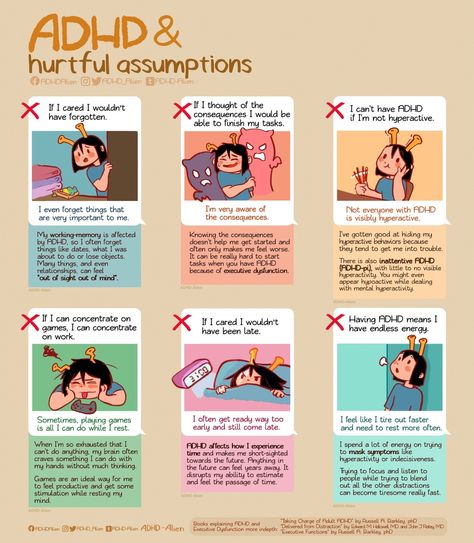 Some people call this “spending it before you get it,” which means that when you get a paycheck, you already know how much of it you need for your expenses, and you will be less likely to spend it on a whim.
Some people call this “spending it before you get it,” which means that when you get a paycheck, you already know how much of it you need for your expenses, and you will be less likely to spend it on a whim.
First, you need to figure out how much money you need each month—write that amount down so you can see it. A spreadsheet can be helpful in developing this kind of spending plan. Here’s one example of information that might be included on your list.
Find what works for you in creating a budget. Here are some suggestions as you get started:
- Make a master list of all your expected expenses. Pull together amounts from purchases you made during the last 12 months. Use your checkbook records as well as bank and credit card statements.
- Use money management programs such as Quicken or Mint to gather all this information. You may also find an Excel spreadsheet helpful. (For more information on expenses, see Managing Your Money and ADHD: Expenses and Goals.
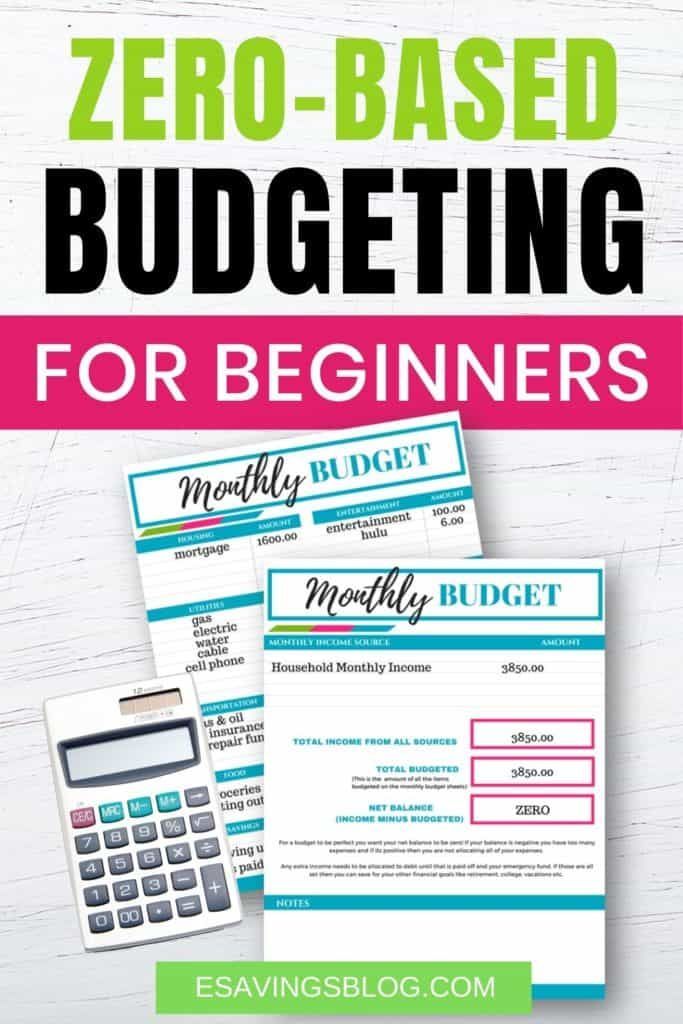 )
) - Add up all the expenses from the past 12 months and divide by 12 to get your total average monthly expenses.
Next, think about your spending plan or budget, and how you will stick to it. Here are a few suggestions:
- Weekly review. Choose a day of the week to be your regular day to review your spending plan and budget. Determine which bills or expenses you expect for the coming week. Then look at the entire month to determine which expenses will need to be paid in the coming weeks. Pay all bills due that week. What if you need to wait for a deposit before you have enough money to cover all the bills that are due? You can write the checks and make a note reminding you to mail them once the money has been deposited. If you pay the bills online, schedule the payments for the day you know the money will be there.
- Consider making payments electronically. Most companies, such as utilities, car and mortgage lenders, rental agents, and credit card companies have automatic bill payment systems that can make regular withdrawals from your bank account so you don’t even have to worry about getting payments in on time.
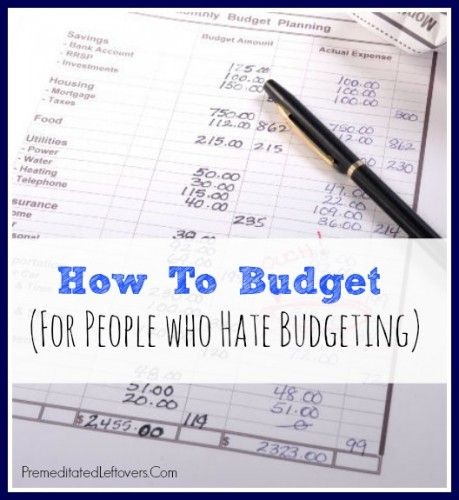 Be sure you have enough money in your bank account to cover scheduled payments.
Be sure you have enough money in your bank account to cover scheduled payments. - Savings account. Open a savings account and make regular deposits to cover sudden emergencies but also to save for special items or events. Cars break down, pets and children get sick, and homes need repairs or maintenance—by planning ahead with your savings account, you’ll be ready for them. You’ll also want to save for non-emergencies or special events that might include clothing, concert tickets, and vacations. If you have direct deposit, you can have a set amount deposited into a savings account regularly or set aside an amount from every paycheck or once a month, depending on your situation. (See Managing Money and ADHD: Expenses and Goals.)
- Financial calendar. It is helpful to have a visual reminder of your bills. An electronic or paper calendar that lists all incoming money and dates of expected payments such as rent or mortgage, utilities, insurance, credit cards, groceries, and fuel will help keep payments on time.
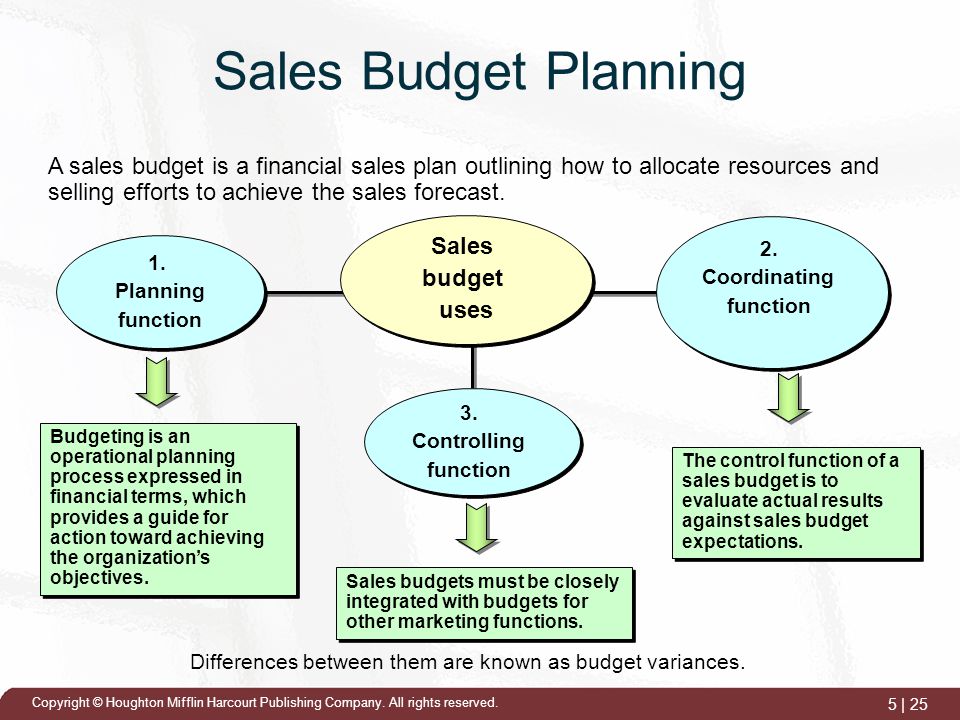
- Money management timeline. Some people find it helpful to organize money management ideas into a timeline that shows financial tasks and the amount of time it might take to accomplish each one. You can make your own timeline to fit your goals and lifestyle.
- Apps to help with money management. There are lots of saving and spending apps and programs available for you to use on your smartphone or computer. Many of them are free. You might want to try out a couple and see which one works best for your needs. Here are just a few.
Other documents in this series:
- Managing Money and ADHD: Expenses and Goals
- Managing Money and ADHD: Minding Your Debts
- Managing Money and ADHD: Money Management Schedule
how I deal with the difficulties in planning a personal budget - Raiffeisenbank R-Media Blog
Some people are born with difficulties in planning a career, budget and a simple routine.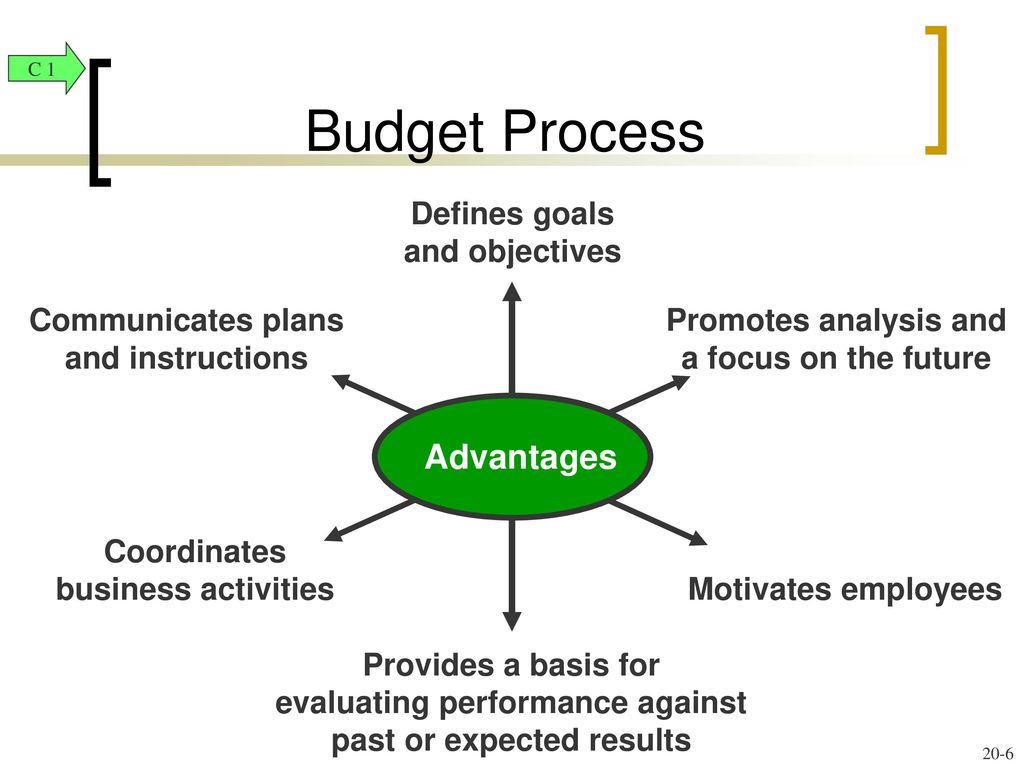 For example, people with ADHD - Attention Deficit Hyperactivity Disorder. I’ll tell you about my experience — how I live with it — and share life hacks on planning.
For example, people with ADHD - Attention Deficit Hyperactivity Disorder. I’ll tell you about my experience — how I live with it — and share life hacks on planning.
Editorial
In this article, the author describes personal experience and does not make recommendations. Before planning treatment, be sure to consult a doctor. nine0003
I have ADHD - Attention Deficit Hyperactivity Disorder. This is a congenital disorder of the brain, in which the metabolism of neurotransmitters is disturbed - substances that affect a person's behavior: his mood, attention, concentration, ability to plan and complete things.
ADHD used to be considered a childhood disorder that resolves over time. Children with ADHD are either hyperactive and running around school, or inattentive - such teachers say that they are in the clouds. The most common type is the combined type, which combines impulsivity and concentration problems - this is just my case.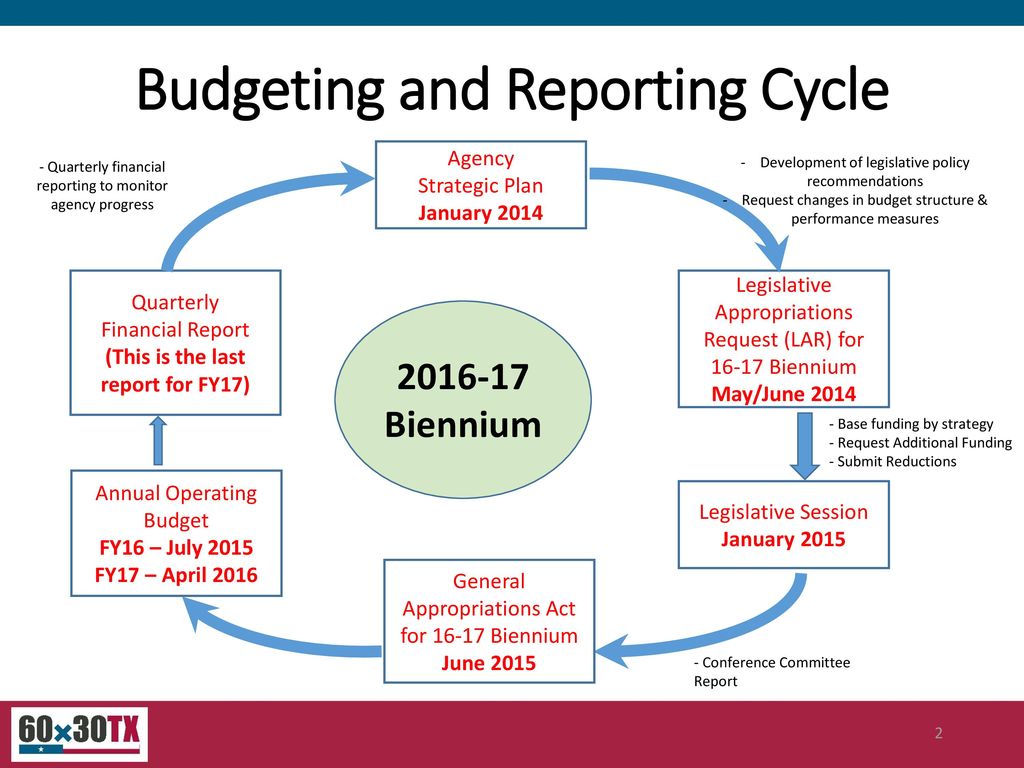 nine0003
nine0003
More recent studies have shown that in 30% of cases, the symptoms of the syndrome persist into adulthood. The syndrome occurs in 3-5% of people, in boys and men - more often. It turns out that every twentieth reader of this article can suffer from the syndrome.
Yaroslav Isaikin, psychologist-psychotherapist:
— The exact causes of ADHD are unknown. It is believed that genetic factors account for 75% of the risk. The risk increases with problems during pregnancy and childbirth: infections, poisoning, brain injuries. The style of upbringing does not play a special role in this. People with ADHD often complain about extravagance and impulsive shopping, often change jobs, and tend to get into debt. Sometimes they have interpersonal problems because of this. All this is due to disturbances in the metabolism of dopamine and norepinephrine - neurotransmitters that are responsible for motivation and pleasure from exercise.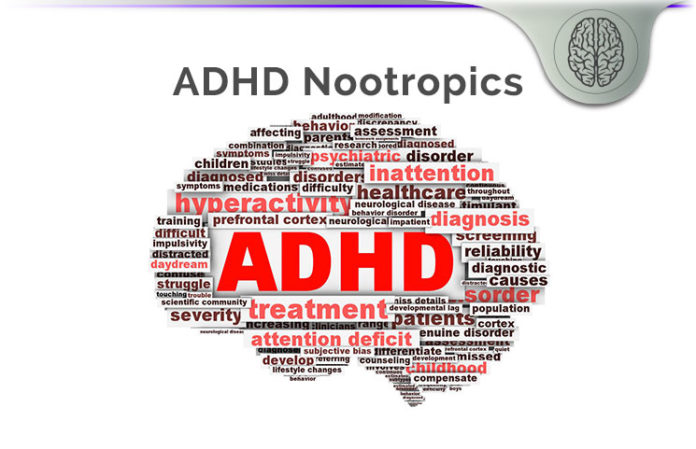 nine0003
nine0003
What are the problems. I was diagnosed with ADHD as an adult two years ago. At the appointment with a psychiatrist, I realized that my whole life fits the definition of a syndrome. I studied to be an engineer, but after two years of working in the profession, I got bored, and I took up economics. I didn’t manage to concentrate on this profession either - I lost interest, and the employer was not ready to adapt to my rhythm of work.
For the last three years I have been writing freelance texts - these are articles for various media and corporate websites, leads for social networks. I'm running into the same problems as in previous jobs. Sometimes I can’t get to work or finish what I started: the stream of thoughts just doesn’t add up to the text. It is difficult for me to deal with a topic if it does not interest me personally. Any external factor can distract from work: a call from a friend, a notification from a social network, or an unresolved life trouble.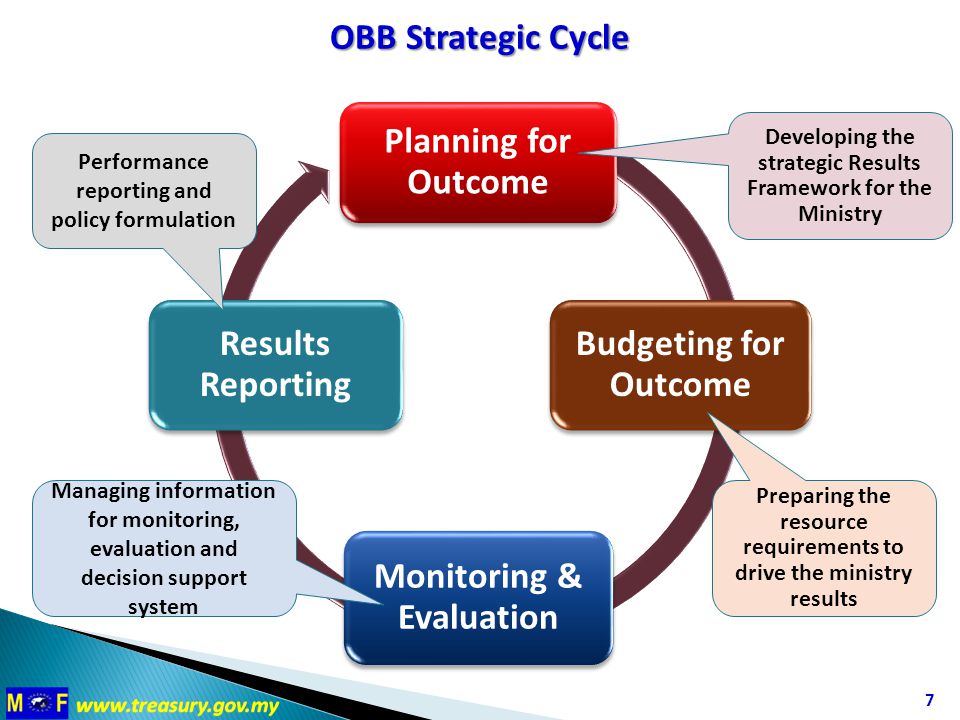 This accumulates work debts, which affects finances - I get as much as I manage to do in a month. nine0003
This accumulates work debts, which affects finances - I get as much as I manage to do in a month. nine0003
It may seem that I am describing the life of an ordinary healthy person. Indeed, everyone has similar problems. It's just that in those suffering from ADHD, they are more pronounced. It's much harder for me to deal with distractions and it's hard to force myself to live according to the plan, even at the risk of losing my income.
I once read a good metaphor about the syndrome: the brain of a person with ADHD is like a browser with hundreds of tabs open at the same time. From some - banners with advertising pop up, from others - music is heard. The brain quickly looks through all the tabs: with work, entertainment, communication with friends. But it is difficult for him to concentrate on one of them for a long time. nine0003
What are the benefits. Such specific work of the brain also has advantages: a broad outlook, creativity, a sense of humor, the ability to deeply understand what is really interesting.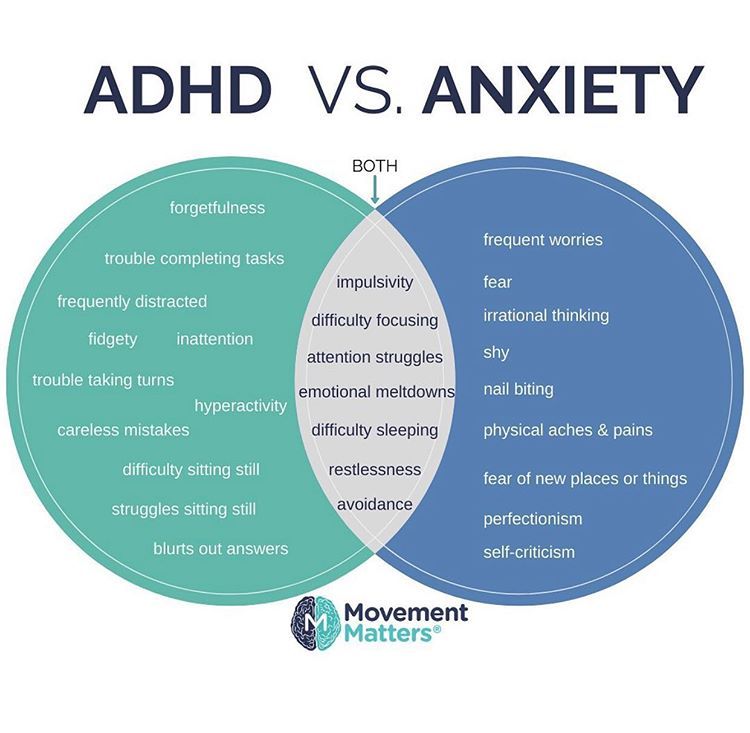 Clients like my work: articles are well structured, deep and proven facts, and texts for social networks are creative and funny stories. Therefore, I do not consider ADHD a disease - this is a feature that needs to be used correctly, but for this you need to learn how to plan your life more clearly. nine0003
Clients like my work: articles are well structured, deep and proven facts, and texts for social networks are creative and funny stories. Therefore, I do not consider ADHD a disease - this is a feature that needs to be used correctly, but for this you need to learn how to plan your life more clearly. nine0003
How to diagnose. ADHD is not easy to diagnose - there are no medical examinations and tests to determine the syndrome. The basis of diagnosis is a retrospective of behavior. In childhood, the syndrome is determined by problems in learning and communicating with peers. Not all psychiatrists and psychotherapists in Russia work with this syndrome. But the help of specialists can be found in the Telegram channels, and the support of parents and people with ADHD can be found on the forums.
Drug therapy exists for the treatment of ADHD, but most effective drugs are prohibited in Russia. Medicines can only be prescribed by your doctor. At the beginning of my treatment, I had a session with a psychiatrist - he prescribed drugs and advised a psychotherapist. I've tried a few legal drugs, prescription antidepressants and nootropics, which have slightly improved symptoms. The course of treatment cost about 2500 ₽ per month. nine0003
Medicines can only be prescribed by your doctor. At the beginning of my treatment, I had a session with a psychiatrist - he prescribed drugs and advised a psychotherapist. I've tried a few legal drugs, prescription antidepressants and nootropics, which have slightly improved symptoms. The course of treatment cost about 2500 ₽ per month. nine0003
Cognitive-behavioral therapy with a psychotherapist turned out to be more effective for me. On average, an hour session in Zoom costs 2000 ₽. At the beginning of treatment, I talked with a specialist once a week, now I try to do it every two months.
In sessions, I learn how to better plan my life and apply techniques to improve my work efficiency. Even a simple diagnosis helps: you begin to better understand your strengths and weaknesses, stop blaming yourself for mistakes and pay more attention to self-control. Until I understood my features, I fell into depression from failures and an endless search for a job that would suit me.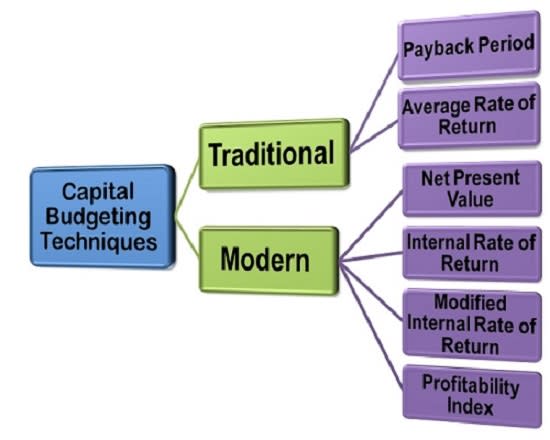 Now I do not spend emotional strength on this, but work on weaknesses. nine0003
Now I do not spend emotional strength on this, but work on weaknesses. nine0003
Yaroslav Isaikin, psychologist-psychotherapist:
— It is difficult to diagnose in Russia: official medicine does not recognize the possibility of ADHD in adults. Many diagnostic tools are not adapted to the Russian language - only a few specialists work with them. Treatment is also difficult. The problem is predominantly biological in nature. In the West, it is corrected primarily with stimulant drugs. But in Russia, essential medicines are banned. For children, only one expensive medicine is available, the monthly course of which costs about 6,000 ₽. Adults are usually prescribed antidepressants to alleviate comorbid conditions: anxiety, depression, impulsivity. nine0003
Advice for parents of children with Attention Deficit Hyperactivity Disorder
Attention Deficit Hyperactivity Disorder (ADHD) has two components:
Inattention:
o Difficulty maintaining attention during schoolwork and during play 9007 9007 o Often makes mistakes due to negligence
o Often it seems that the child does not hear speech addressed to him
o Often fails to follow instructions for a task, does not see things through to the end
o Finds it difficult to organize himself to complete a task
o Avoids tasks that require prolonged concentration
o Often loses his things
o Easily distracted to extraneous stimuli
o Often shows forgetfulness in everyday situations
Hyperactivity:
o Frequent restless movements are observed, the child is spinning, spinning, fiddling with something in his hands
o Often gets up from his seat in class or in other situations when he needs to stay still
o Usually cannot play quietly, calmly, do anything at leisure
o Often is in constant motion, “as if a motor was attached to it”
o Often talkative
o Often answers questions without thinking and listening to them until the end
o Usually has difficulty waiting for his turn in different situations
o Often in the classroom he cannot wait until the teacher asks him and shouts from his seat
o Often interferes with others, interferes in games or conversations.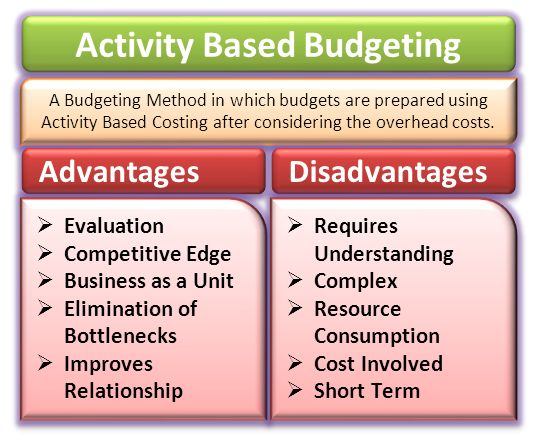
RECOMMENDATIONS:
First of all, remember that the child's hyperactivity in this case is not a behavioral problem, and not the result of poor parenting, but a medical and neuropsychological diagnosis, a hyperactive child has neurophysiological problems to cope with on his own. can not. Therefore, the problem cannot be solved by volitional efforts, authoritarian instructions or persuasion: punishments, remarks, shouting will not lead to an improvement in the behavior of such a child, but rather worsen it. nine0118
Recommendations for parents:
o show enough firmness and consistency in education;
o avoid, on the one hand, excessive softness, and on the other, excessive demands on the child;
o repeat your request with the same words many times;
o listen to what the child has to say;
o Use visual stimulation to reinforce verbal instructions. nine0003
o Avoid quarrels in front of the child.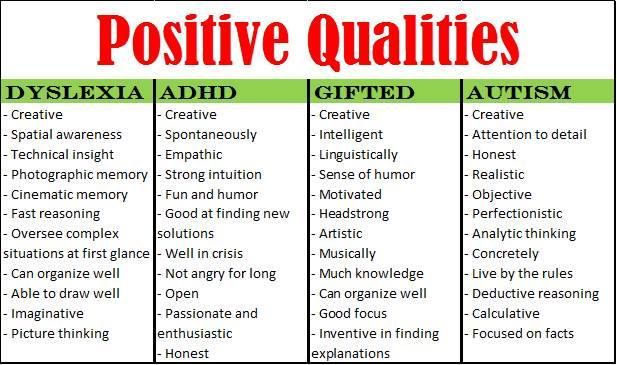
o establish a fixed daily routine for the child and all family members, teach the child to clearly plan his activities;
o more often show the child how to complete the task better without being distracted;
o Reduce distractions while your child is doing a task;
o keep hyperactive children away from computer and television sessions;
o avoid, if possible, large crowds; nine0003
o Limit your child to only one partner during play.
o Remember that overwork contributes to a decrease in self-control and an increase in hyperactivity, when a child is tired, do not insist on an urgent task, give him the opportunity to rest.
o Develop a flexible system of rewards for a job well done and punishments for bad behavior. You can use a point or sign system, keep a diary of self-control.
o Do not resort to physical punishment! If there is a need to resort to punishment, then it is advisable to use quiet sitting in a certain place after committing an act.
